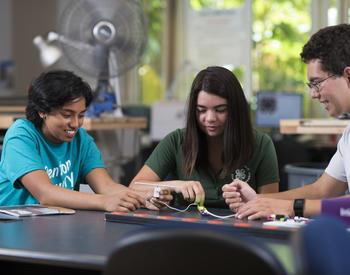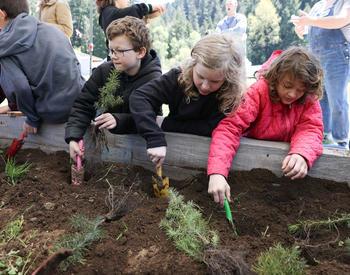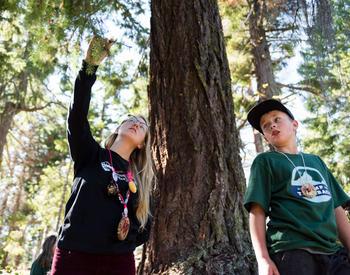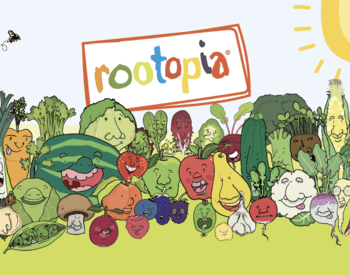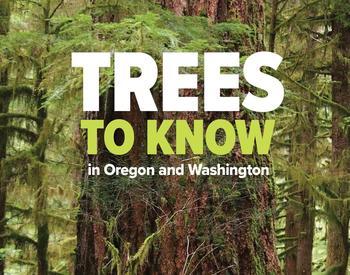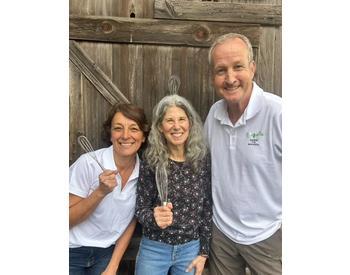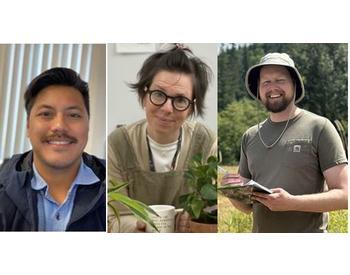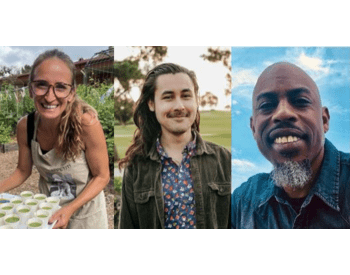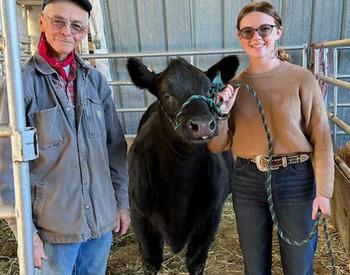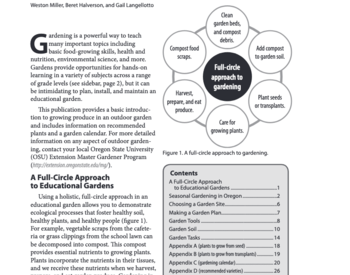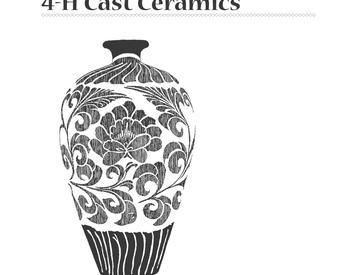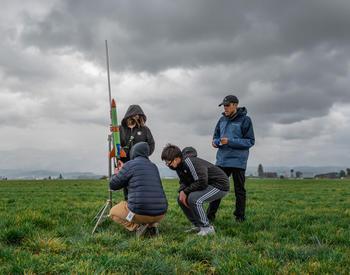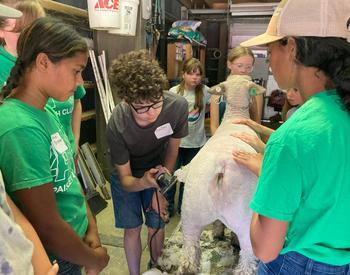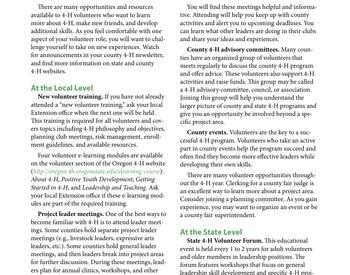CORVALLIS, Ore. – Ten years ago, Mary Arnold attended a meeting that changed the course of her career.
Arnold, then an associate professor and specialist in the Oregon State University Extension Service 4-H Youth Development Program, listened to a presentation of impact evidence for various youth programs during a briefing of Oregon’s Youth Development Council.
When the presenters got to 4-H they said they were unable to locate any significant impact evidence.
“4-H is the oldest and the largest youth-serving organization, operating from our land grant universities, and yet, there was no established theory of change for how 4-H impacts the lives of youth,” Arnold said. “And thus, no way to systematically plan programs, nor measure the impact of the programs. It was at that moment that I decided we had to do better.”
That experience set into motion Arnold’s work on the 4-H Thriving Model, which started in Oregon and has now spread throughout the United States. Arnold has been recognized for her work with the Excellence in Extension Award from the U.S. Department of Agriculture’s National Institute of Food and Agriculture, Cooperative Extension, and the Association of Public and Land-grant Universities (APLU).
Arnold received the award at the APLU Annual Meeting on Nov. 12 in Seattle.
The Excellence in Extension Award is given annually to one cooperative Extension professional who excels at science-based programming, provides visionary leadership and makes a positive impact on constituents.
Arnold, who has since been promoted to professor in the OSU College of Health, has improved the impact of 4-H programs across the country, said Ivory W. Lyles, vice provost for the OSU Division of Extension and Engagement and director of the Extension Service.
“Dr. Arnold is an extremely positive representation of the caliber of research, teaching and outreach conducted by OSU faculty,” Lyles said. “The evidence for this success is shown in the adoption of the 4-H Thriving Model across the country and the enthusiastic engagement of 4-H programs to position 4-H as a positive youth development program.”
Establishing the model
Arnold is a developmental scientist who has led positive youth development program development and evaluation in the OSU Extension 4-H program since 2000.
The 4-H Thriving Model describes a theory of change for the impact 4-H has on young people and advances the scientific base of 4-H practice across Oregon. Arnold started with three goals:
- Secure the science of youth development as the knowledge base for 4-H practice.
- Use that base to build professional capacity for high quality professional youth development (PYD) practice.
- Measure the impact of improved practice on the developmental outcomes of youth who participate in 4-H.
Arnold began working on the model in earnest with the publication of a paper in 2015 that made the case for the importance of program theory of change to guide the development, implementation and evaluation of 4-H programs. In a second published paper in 2018 she provided a detailed description of the model and its grounding in developmental science. The model’s established statistical structure was published in 2019.
Although the model was developed primarily for use in improving the practice and measurement of positive youth development in Oregon, interest in the 4-H Thriving Model grew considerably following the publications of these three papers. Arnold began to travel extensively to other state 4-H programs to introduce the model, share the research that informs best youth development practice, and to show how using the model in 4-H program planning would improve both the quality and impact of the program on youth.
Expanding the model
Since 2020 Arnold has received nearly $4 million from the National 4-H Council to further the development and adoption of the 4-H Thriving Model across the 4-H system. This funding allows her to lead the newly established 4-H Thriving Model/PYD Committee and represent 4-H on the broader youth development stage. The funding also provides financial support for ancillary projects, such as the development of PYD Academies and the 4-H PYD Champion Network.
There are over 80 PYD champions from 40 land grant universities working to support the consistent, correct and complete use of the 4-H Thriving Model to guide program development and evaluation across the country.
The 4-H Thriving Model has unified the 4-H system around a common science-based understanding and is enhancing effective PYD practice in 4-H,” Arnold said.
Today the 4-H Thriving Model is used in over 40 4-H programs operated by land grant universities founded under the Morrill Act of 1862, and at least two Historically Black Colleges and Universities that were founded under the second Morrill Act of 1890.
In 2020 she authored a white paper titled “Beyond the Gap: How America Can Address the Widening Opportunity Gap Facing Young People” for the National 4-H Council. The paper was endorsed by leading PYD scholars and was further developed into a peer-reviewed paper titled “America’s Moment: Investing in Youth Development to Transform Youth and Society”, making the case for investment in positive youth development programs, ensuring increasing equitable access to youth development programs and addressing gaps in opportunities for youth.
In 2023 Arnold received approval from Springer Publishing to co-edit a 500-page handbook titled “A Handbook of Positive Youth Development for Practitioners: Practice Grounded in Science” with an anticipated 2025 publication date.
Arnold earned a bachelor’s degree in psychology from Western Washington University and a master’s and doctorate in human development and family studies, with a focus in adolescent development, from OSU.
